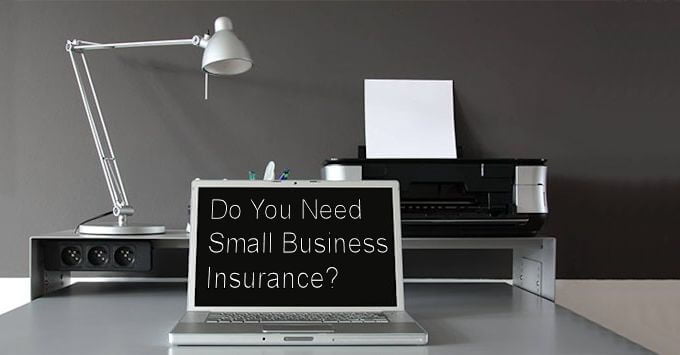
It’s common these days for people to make a little extra money on the side to make ends meet. Some use their cars to pick up a part time job delivering pizzas, distributing newspapers or even providing taxi services. Others start using the internet to their advantage to sell crafts, works of art or even extra items from inside the house. Particularly entrepreneurial sorts are even starting their own business out of their home, or participating in an activity like hosting Tupperware parties in the homes of friends.
These are all great ideas for making extra money and it’s great if you can pull them off and be profitable. However, you might not realize that this sideline job could be putting you at financial risk. Did you know that without the right insurance, if anything were to happen to your vehicle, customers, product inventory, or equipment, you could be held personally responsible? You could end up responsible to pay for medical bills, repair bills, lawyer fees, pain and suffering and more out of your own pocket. Suddenly that side job may seem a little scary without the proper insurance in place. Read on to learn if you are at risk and what you can do about it.
Who Needs Business Insurance?
It’s a common belief that many of the business activities listed above don’t require additional insurance or are covered by existing homeowners, renters, or auto insurance policies. However, most homeowners and renters insurance policies contain a “business pursuits exclusion”, which limits payout for covered losses to no more than $2,500. When it comes to auto insurance, either you’re covered for incidents and hazards that occur while using your personal vehicle for business purposes, or you’re not. It all depends on your individual policy and the circumstances of the incident.
This misunderstanding about insurance coverage is a real problem. There are around 18 million home-based businesses within the United States, but only about 40% of them are appropriately insured, according to statistics compiled by Independent Insurance Agents of America Inc. That means nearly 11 million small businesses are gambling with their financial futures.
Different Types of Insurance for Business
The type and amount of insurance coverage you should have for your business will depend a lot on what you do, how your business operates and what assets you have to protect. Someone selling cosmetics could have a lot of product inventory in his or her home. A graphic designer or photographer could have tens of thousands of dollars in equipment, computers and software. An auto mechanic is entrusted with someone’s vehicle, both for repairs and to keep it safe from theft or vandalism. Using your car as a taxi through a service such as Uber, or to provide delivery services for other businesses, puts your vehicle at risk for more accidents. Because insurance needs are so different, there are different types of coverage available. Depending on your needs, these could policies include:
Business Owner’s Policy (BOP): This type of insurance offers financial protection for both liability and property damage. A BOP tends to cover things like general business liability, theft, damage to the structure in which the business operates, loss of income, and more. BOPs provide some coverage for hazards that occur off-premises as well. Roofers, plumbers, electricians, and other similar businesses should consider a BOP.
Home Office Policy: This type of insurance combines your homeowners policy with a business policy. Though it offers some similar coverage as a BOP, a home office policy offers less protection. This is a great choice for home-based businesses with very few visitors.
Business Pursuits Endorsement: This is simply an insurance add-on to your homeowners’ insurance policy. It provides the least protection, and is not recommended for businesses that have costly equipment, high quantities of high-value inventory on the premises, or have customers visit onsite.
Commercial Auto Insurance Policy: Certain types of jobs and business activities that include the use of your vehicle could require this type of insurance for full coverage. Though there are some personal auto insurance policies that provide some coverage for business use, you could need commercial auto insurance or higher liability coverage to be fully protected.
This isn’t a comprehensive list. Depending on how your business operates, you may need additional coverage, more professional liability, or even insurance policies to protect your employees. Talk to your insurance agent to get recommendations for how your business should be covered.
Talk To Your Agent, Get covered
Now that you know there is a possibility that you could need additional insurance, it’s time to take action to protect yourself, your family, your home, your business, and your financial future. Talk to an insurance agent to find out if you should have small business insurance, what types of coverage you might need, and in what recommended amounts. If anything bad were to happen down the road, you could be very relieved that you made the effort.



